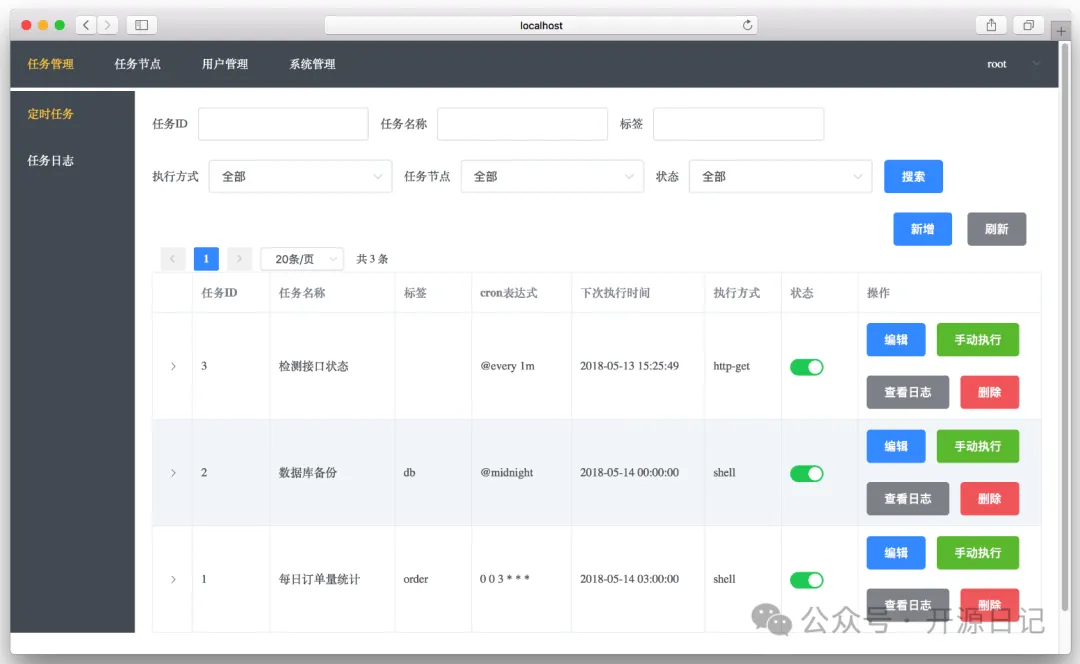目录
1、什么是哈希hash
hash一类算法,该算法接受传入的内容,经过运算得到一串hash值
hash值的特点:
- 只要传入的内容一样,得到的hash值必然一样
- 不能由hash值返解成内容
- 不管传入的内容有多大,只要使用的hash算法不变,得到的hash值长度是一定
2、hash的用途
用途1:特点II用于密码密文传输与验证
用途2:特点I、III用于文件完整性校验
3、如何用
import hashlib m=hashlib.md5() m.update(\'hello\'.encode(\'utf-8\')) m.update(\'world\'.encode(\'utf-8\')) res=m.hexdigest() # \'helloworld\' print(res) m1=hashlib.md5(\'he\'.encode(\'utf-8\')) m1.update(\'llo\'.encode(\'utf-8\')) m1.update(\'w\'.encode(\'utf-8\')) m1.update(\'orld\'.encode(\'utf-8\')) res=m1.hexdigest()# \'helloworld\' print(res)
模拟撞库
cryptograph=\'aee949757a2e698417463d47acac93df\'
import hashlib
# 制作密码字段
passwds=[
\'alex3714\',
\'alex1313\',
\'alex94139413\',
\'alex123456\',
\'123456alex\',
\'a123lex\',
]
dic={}
for p in passwds:
res=hashlib.md5(p.encode(\'utf-8\'))
dic[p]=res.hexdigest()
# 模拟撞库得到密码
for k,v in dic.items():
if v == cryptograph:
print(\'撞库成功,明文密码是:%s\' %k)
break
提升撞库的成本=>密码加盐
import hashlib m=hashlib.md5() m.update(\'天王\'.encode(\'utf-8\')) m.update(\'alex3714\'.encode(\'utf-8\')) m.update(\'盖地虎\'.encode(\'utf-8\')) print(m.hexdigest())
4、subprocess模块
subprocess使用当前系统默认编码,得到结果为bytes类型,在windows下需要用gbk解码
import subprocess
obj=subprocess.Popen(\'echo 123 ; ls / ; ls /root\',shell=True,
stdout=subprocess.PIPE, #正确的管道
stderr=subprocess.PIPE, #错误的管道
)
# print(obj)
# res=obj.stdout.read()
# print(res.decode(\'utf-8\'))
err_res=obj.stderr.read()
print(err_res.decode(\'gbk\')) # windows下需要用gbk解码mac、linux用utf-8解码
© 版权声明
THE END










暂无评论内容